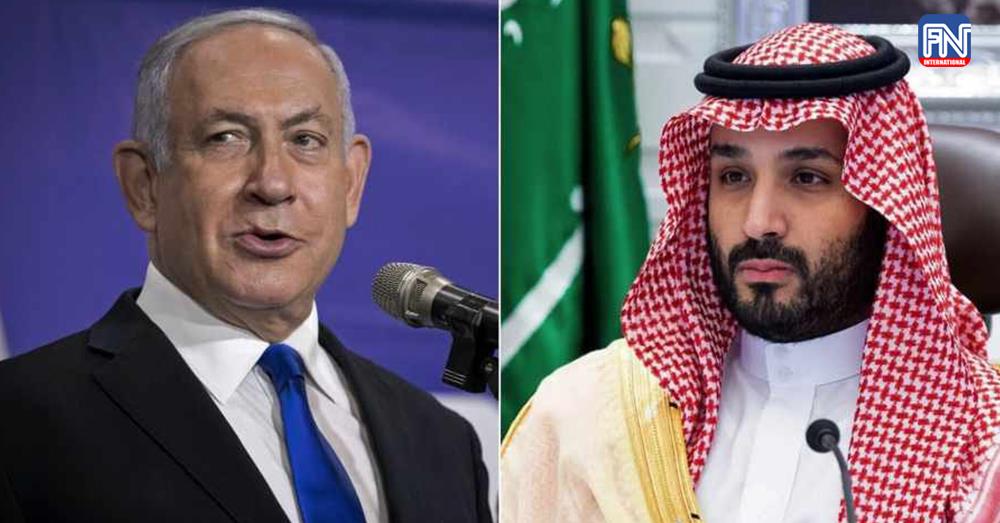TEL AVIV, Aug 13 (Aljazeera) - Israel has rejected the idea of a diplomatic base in Jerusalem for Saudi Arabia’s envoy to the Palestinian Authority (PA), who recently presented his credentials to Palestinian President Mahmoud Abbas’s diplomatic adviser Majdi al-Khalidi.
Ambassador Nayef al-Sudairi, the kingdom’s current ambassador to Jordan, was named as non-resident envoy to Palestine and consul general in Jerusalem on Saturday at the Palestinian embassy in Amman.
Israeli Foreign Minister Eli Cohen told Tel Aviv radio station 103 FM on Sunday that the new ambassador, Nayef al-Sudairi, could meet representatives of the PA but would have no fixed presence.
“Will there be an official physically sitting in Jerusalem? This we will not allow,” Cohen said.
The file for the Palestinian territory has traditionally been handled by Saudi Arabia’s embassy in Amman.
The Saudi move appeared to be in line with the longstanding and so-far fruitless Palestinian goal of founding a state in territories occupied by Israel in a 1967 war, with East Jerusalem as the capital.
Israel deems Jerusalem its own capital, a status recognised by the United States under then-President Donald Trump in 2017 but not by other world powers. Israeli authorities bar Palestinian diplomatic activity in the city.
Saudi Arabia, Islam’s birthplace, has championed the Palestinian cause and shunned official ties with Israel, but Washington is seeking to promote what could be a historic Middle East deal that would normalise Israeli-Saudi relations.
Israel’s hard-right government has played down any prospect of it giving significant ground to the Palestinians as part of a normalisation deal with Saudi Arabia.
Like most of the Arab League, Riyadh has previously conditioned recognition of Israel on the Palestinian statehood goal being addressed. Among the challenges to that goal is the schism between the internationally recognised PA and its rival Hamas.
Bassam al-Agha, the Palestinian ambassador to Riyadh, cast al-Sudairi’s appointment as Saudi affirmation of Palestinian statehood and “rejection of what had been announced by former US President Trump”.
“This means a continuation of Saudi Arabia’s positions,” al-Agha told Voice of Palestine radio.
While Cohen said al-Sudairi’s appointment had not been coordinated with Israel, he saw a possible link to the normalisation prospects.
“What is behind this development is that, against the backdrop of progress in the US talks with Saudi Arabia and Israel, the Saudis want to relay a message to the Palestinians that they have not forgotten them,” Cohen said.
